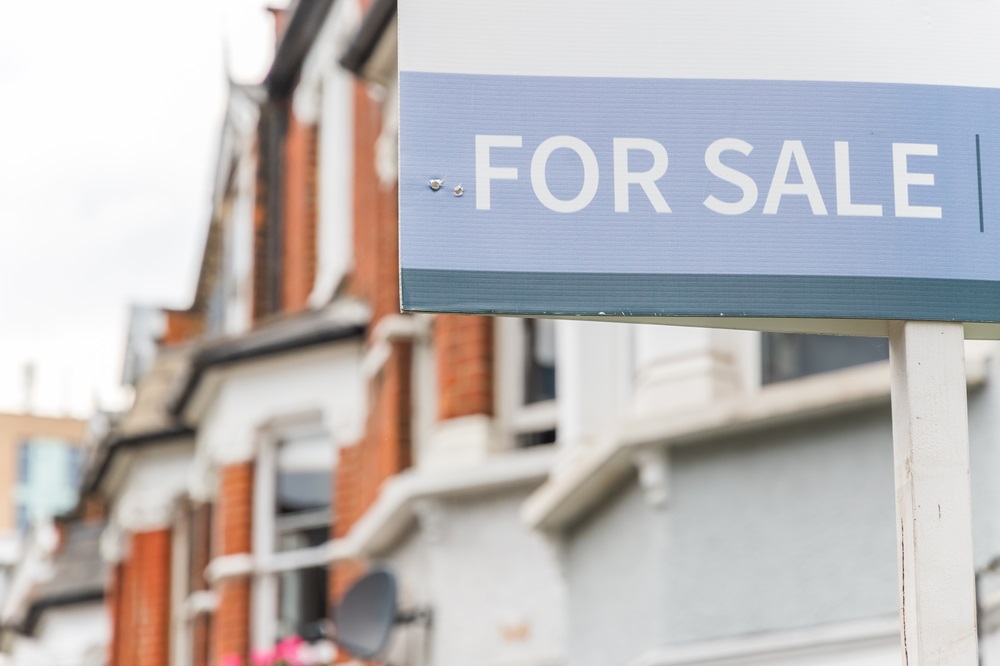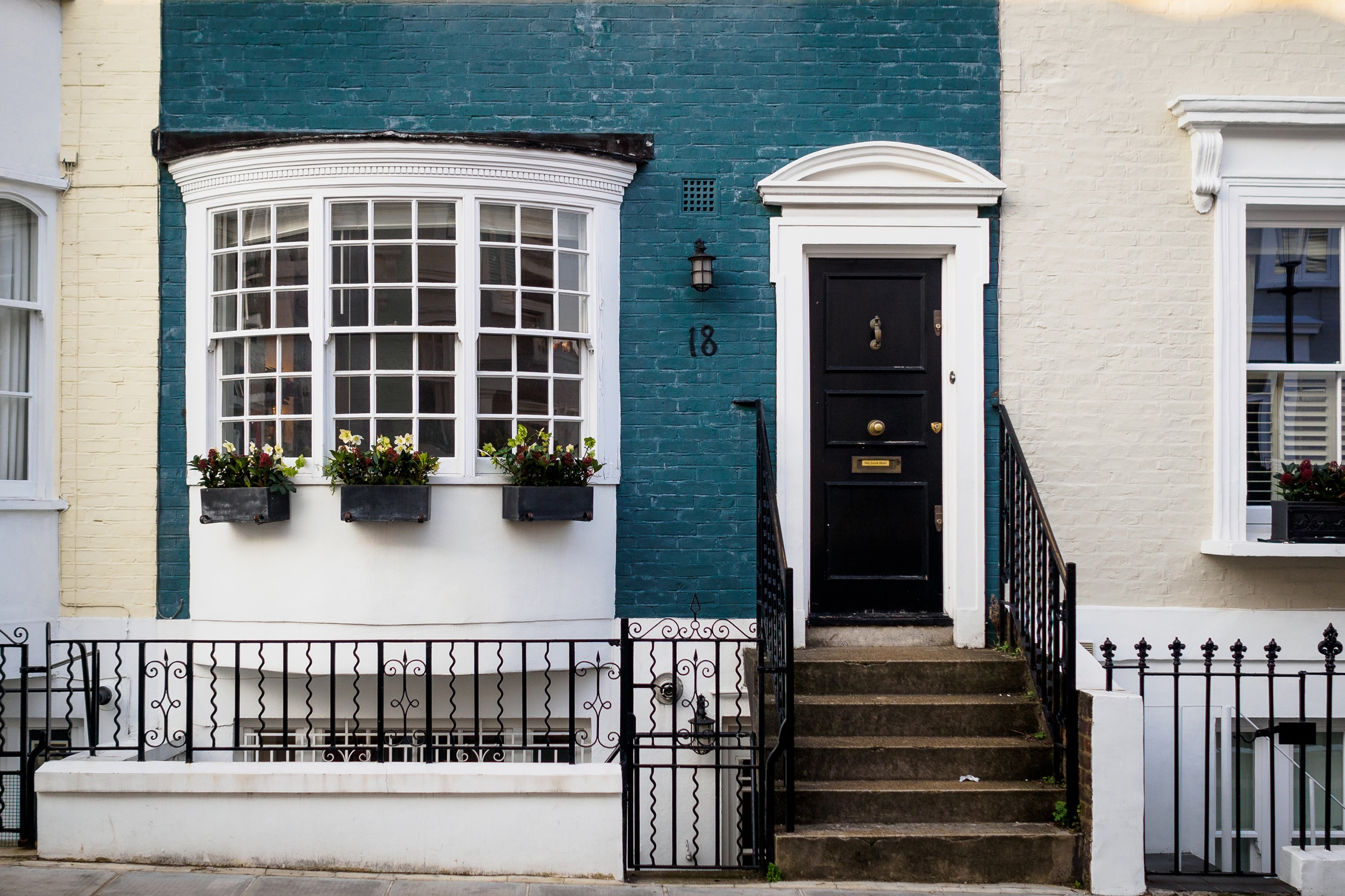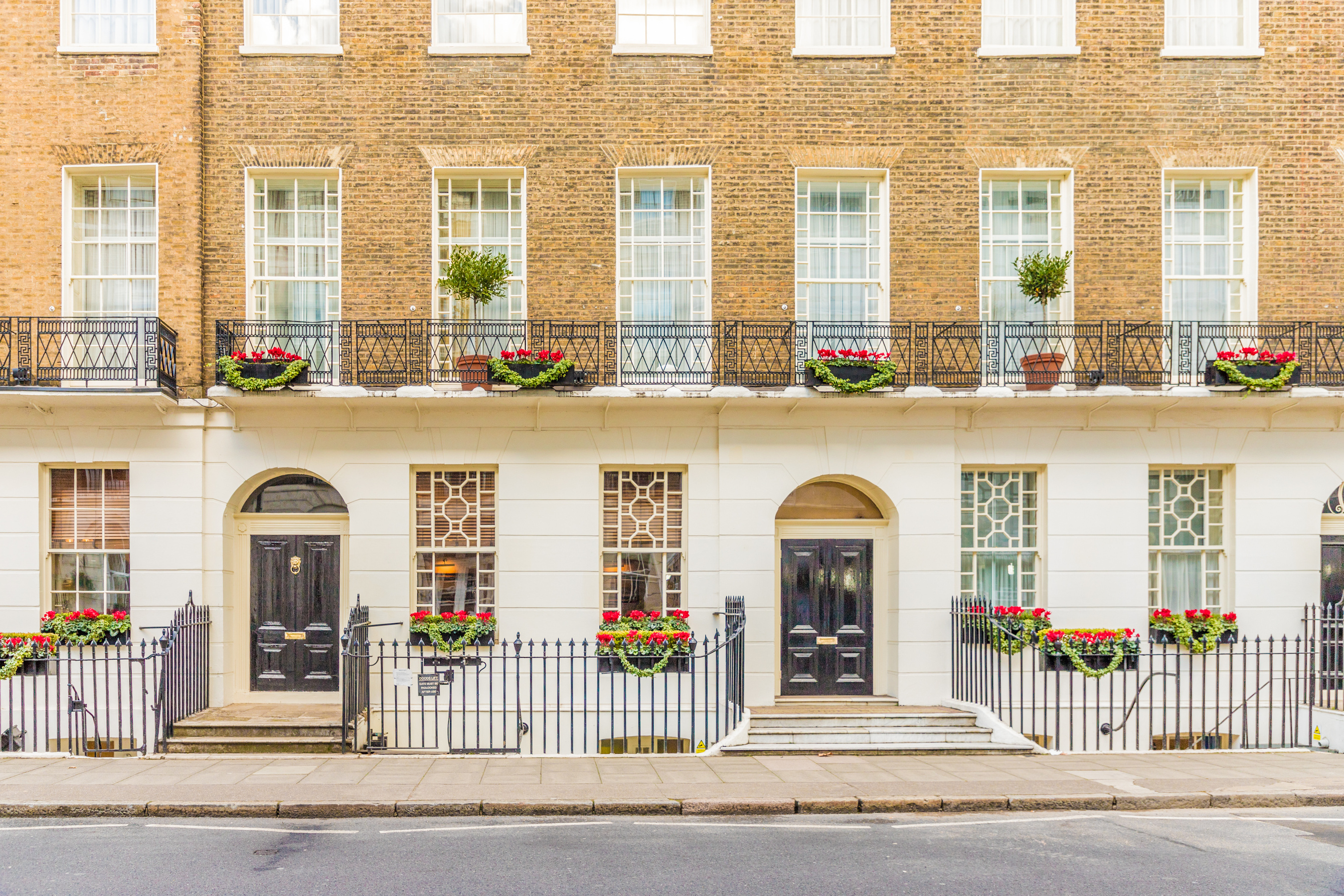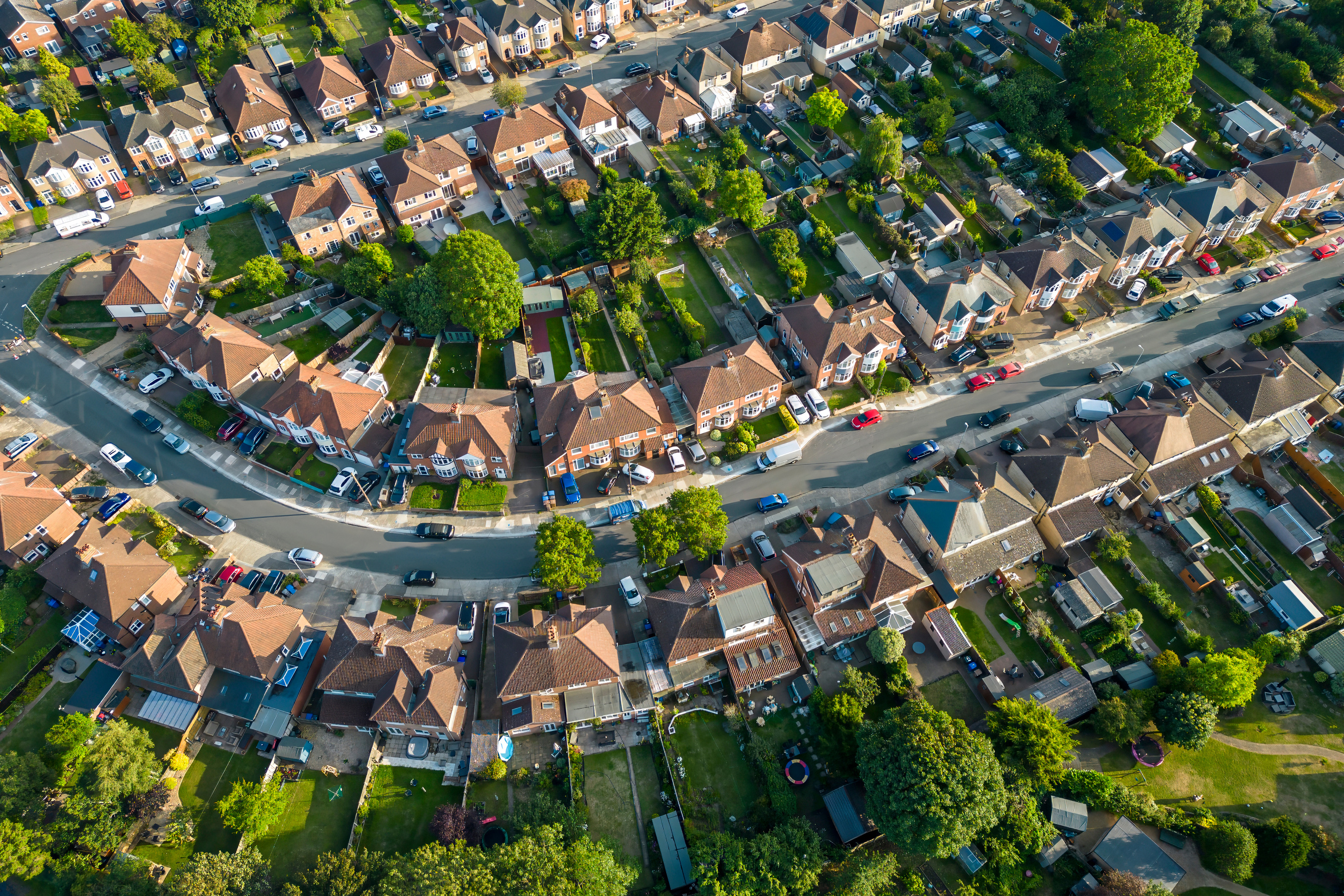How many homes should you look at before making an offer?
Looking for your perfect property is an exciting experience. Once you’ve searched online and spoken to your local Guild Member about what you’re searching for, it’s time to start the viewings. But how many should you do before you make an offer? What if your first property seems perfect? Should you keep looking? We asked our proud Guild Members from around the UK to share their top tips.
How many viewings should you do per day?
Darran Jospeh, from VG Estate Agent believes that three to four viewings in a day is an optimum number. He comments, "It gives buyers enough variety to compare properties while still allowing time to properly absorb the details of each one. Any more than that, and it’s easy to get overwhelmed or begin to forget the relative pros and cons of individual properties.”
Tim Bennett, from Webbers Estate Agents agrees, adding, "it's best to limit viewings to three or four properties per day to avoid fatigue and confusion. Seeing too many homes in quick succession can make it harder to remember details and compare them effectively."
Can you view too many homes?

“You can quite easily lose sight of what it is you’re looking for when you’re consistently at back-to-back viewings, so sometimes, less is more," says Murray Rose from Town & Village Properties. He adds, "it’s key to take time to reflect on each batch of viewings, but on the contrary, you don’t know if you’re going to like something until you’ve seen it, so keep viewing until you find the one, just make sure to take the odd breather.”
Amy Kimber, from John Minnis, concurs. "Viewing too many properties, especially without a clear set of criteria, can blur your judgment and make it harder to commit when the right home does come along. We always encourage buyers to define their priorities early—such as budget, location, and non-negotiable features—to keep your search focused and efficient."
What should buyers look for during a property viewing?
Amy also notes that, "beyond the initial impressions, it’s important to examine the condition, layout, and long-term practicality of the home. Look for signs of damp, cracks in the walls, the condition of windows and doors, and the age of systems like the boiler and electrics. Take note of natural light, storage space, traffic noise, and the general upkeep of neighbouring properties. These less obvious details often have the biggest impact on your long-term satisfaction."
Andrew Gregory from The Letting Station's personal method is to always look at a house from the other side of the road. He says, "look for square lines, cracks, chimney issues and slipped tiles or slates. Inside is usually cosmetic but concentrate firstly on the building itself."
Should buyers take photos or videos during viewings? Are there etiquette rules around this?
Katie Griffin, from Sawdye & Harris understands how important it is for buyers to fully engage with a property before making an offer — and that often includes taking photos or videos during viewings to help decision-making or refer back to a specific property later. She says, "however, it’s essential that this is done respectfully. We always recommend that buyers ask for permission first. It’s not only good etiquette but also ensures the privacy and comfort of the current owners are maintained. A viewing is the beginning of a potential transaction, and setting the right tone early on really does matter."
Is it better to view homes during the day or evening? Why?

“Daytime viewings allow you to see the property in natural light, which is ideal for spotting any imperfections. In the late spring and summer, evening viewings are useful as it still tends to be light enough to appreciate interiors and gardens however, you might also get a sense of how busy the road gets, especially if you are limited to on-street parking,” says Darran Jospeh, from VG Estate Agent.
How long should a buyer spend at a viewing?
“A solid 20 to 30 minutes is usually sufficient for the first viewing. Take your time but don’t linger too long—if you like the place, you can always arrange a second visit to dive deeper into the details. Buyers tend to get a sense straight away if the property feels right, but measuring for furniture should be left for a second or third viewing,” says Darran Jospeh, from VG Estate Agent.
What’s the best way to give feedback after a viewing?
“Be honest! We and our clients want to know what you really thought, and it definitely does help. Feedback enables us to work out if our clients need to do anything different going forward, and as they work so hard preparing their properties to look their best, we welcome it always, good or bad. We always document it on our file notes, so it doesn’t matter how, when or where you tell us,” says Murray Rose from Town & Village Properties.
What to do if you find the perfect house on the first viewing?
Tim Bennett, from Webbers Estate Agents, encourages buyers to act quickly. "If it ticks all the boxes, don’t be afraid to act fast—great homes don’t stay on the market for long. Still, consider a second viewing to confirm your decision and check finer details before making an offer."
"In an ideal world, we’d all buy the first property we looked at, but it just doesn’t usually happen. Many find it comforting to ‘try a few pairs of shoes on’ before they find the right one, but ultimately, why do you need to if you’ve found it? Property makes us feel, and if you feel it, go with your gut,” agrees Murray Rose from Town & Village Properties.
Is it acceptable to put an offer in on multiple properties?

Michelle Cook, from Cook Residential, comments, “While it’s technically possible to offer on more than one property at a time, at Cook Residential, we don’t encourage this approach. Doing so can create uncertainty for sellers and wastes valuable time for vendors who may believe your offer is serious and committed. We always advise buyers to be respectful of the process — once you’re confident a property is right for you, that’s the time to proceed with an offer. Clarity and good faith go a long way in achieving a smooth, successful transaction for everyone involved.”
Finding your dream home is an exciting prospect, as is making your offer. Working with an experienced and professional estate agent could make all the difference. Find your local Guild Member.






